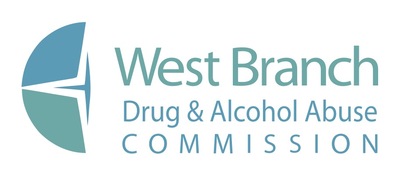Recovery
Lifelong Process
Addiction recovery is a voluntarily maintained lifestyle characterized by sobriety, personal health, and citizenship. Recovery is like a shoe in that one size does not fit all. It has many traditional pillars that are common to all in recovery and also has many differences that are attributable to geography, gender, age, etc.
Regardless of the stage of recovery in which a person is actively involved, recovery offers the hope of positive lifestyle changes that include better health, increased financial security, and improved relationships.
Four Stages of Recovery
Recognizing one’s stage of recovery is very helpful in understanding what they may be dealing with and/or how you can assist them throughout the recovery process. Through continued support and self awareness, an addict can sustain a life of recovery, step by step, and stage by stage.
1. Recognition of a Problem
Recognizing that a problem exists and seeking help for addiction is the first step in the recovery process. For many, the realization that a problem exists is an extremely hard step to take. For others, this realization does not come until becoming sober in a detoxification center or other treatment facility (due to incarceration, family intervention, doctor mandated, etc).
2. Early Recovery (first two years abstaining from use)
New found sobriety is often both liberating and frightening at the same time. Someone in early recovery is just learning how to transition to a life without the addiction that once consumed them. This stage finds those in recovery rediscovering who they are and what they aspire to become. Many in early recovery find themselves building new skills and habits, and working to improve their physical and mental health. Others find themselves overwhelmed with thoughts to return to the addicted behavior. It is important in this stage to develop skills and techniques to resist those urges and quiet that portion of the brain.
3. Middle Recovery
Those immersed in middle recovery have made huge strides towards a new life. In this stage, a person is typically making up for wrongdoings and juggling between balancing their life and finding their way into the lives of others. Those in middle recovery have also made huge life and value changes – recognizing the importance of a value and belief structure and making sure to adhere to those structures. This is one of the most dangerous stages in recovery, one in which many need to become increasingly vigilant. It is very easy for someone in middle recovery to believe they are “cured” and become complacent in their recovery. Staying engaged in the recovery process will assist in avoiding this issue.
4. Late Recovery
Late recovery can be defined as a period of personal growth and happiness. During late recovery, many start enjoying life again. Progress is made on goals, enhanced relationships are realized, and an overall sense of peace and joy in everyday life is developed. It is also during this time when the recovering addict begins to assist others who are new or in an earlier stage of recovery. In late recovery, many also develop a sense of freedom, as the addictive obsession to use has been lifted.
Recovery During the Holidays
The holiday season can be a time of both joy and stress. For those dealing with alcohol and other drug abuse, or those who are in recovery, the holidays can be particularly overwhelming. We’re here to help you plan a sober (and safer) holiday season.
Tips:
1. Determine whether alcohol and/or drugs will be available at the gathering and if that’s appropriate for your stage of recovery before deciding to go.
2. Bring your own tasty alcohol-free beverage just in case.
3. Have an exit strategy planned in case you get uncomfortable and wish to leave.
